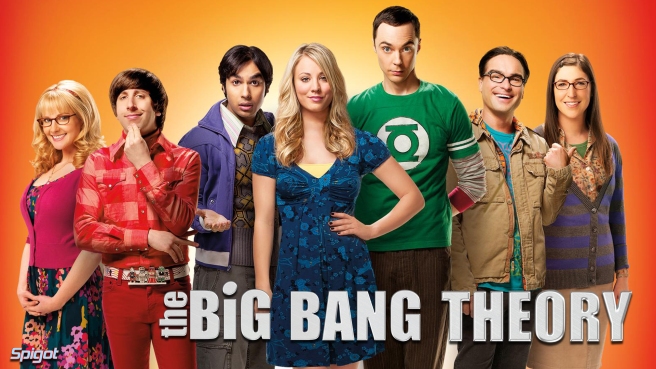
Today’s post is part of a special series here on Planet Pailly called Sciency Words. Every Friday, we take a look at a new and interesting scientific term to help us all expand our scientific vocabularies together. Today’s word is:
Cyclic Universe Theory
How did the universe begin? Scientists have several competing theories. You’ve probably heard of the Big Bang theory, but there’s a less well-known alternative called the cyclic universe theory. I admit I do not understand all the details of these two theories, but I’ll try to muddle through the key concepts as best I can.
According the Big Bang theory, all the matter and energy of our universe was once compact into a microscopic point. Then, in a singular, cataclysmic event, that matter and energy exploded, triggering a rapid inflation of space-time. The ensuing mayhem, according to the theory, should have produced massive gravity waves.
The cyclic universe theory tells a different story. Before that point in time when our current universe began, there was another universe, and before that another and another going back ad infinitum. Each of these universes reached a point of maximum expansion then began to contract inward, collapsing upon itself in a “Big Crunch,” which would be followed immediately by a “Big Bang.” According to this theory, the process would not produce gravity waves.
Although the majority of physicists seem to favor the Big Bang theory, they haven’t found any clear evidence to support one theory over the other. In other words, these two theories are underdetermined. At least that was the case until now. New data collected by the BICEP2 telescope in Antarctica indicates that massive gravity waves permeated the early universe, just as the Big Bang theory predicted.
However, the cyclic universe theory still has its adherents, and rightly so. BICEP2’s data has yet to be confirmed by researchers using other telescopes, and even if those gravity waves did exist, I have no doubt the cyclic universe theory can be modified somehow to account for them. The Big Bang theory has scored a major victory, but the debate isn’t over.
Personally, I’m hoping the detection of gravity waves will be confirmed, strengthening the Big Bang theory’s case. I hope this not only because it would constitute a huge advance in our scientific knowledge, but also because The Cyclic Universe Theory would be a terrible name for a sitcom.

Great series! Its a nice way to get a gentle introduction to bigger concepts.
LikeLike
Thanks. That’s basically my goal with Sciency Words.
LikeLike
Space can be a scary yet beautiful place. Its why astronauts tie tethers onto themselves so they don’t get lost among the stars. I’m sticking with the big bang, sounds too cool to be untrue!
LikeLike
I doubt Neil Degrasse Tyson could have said it better himself.
LikeLike